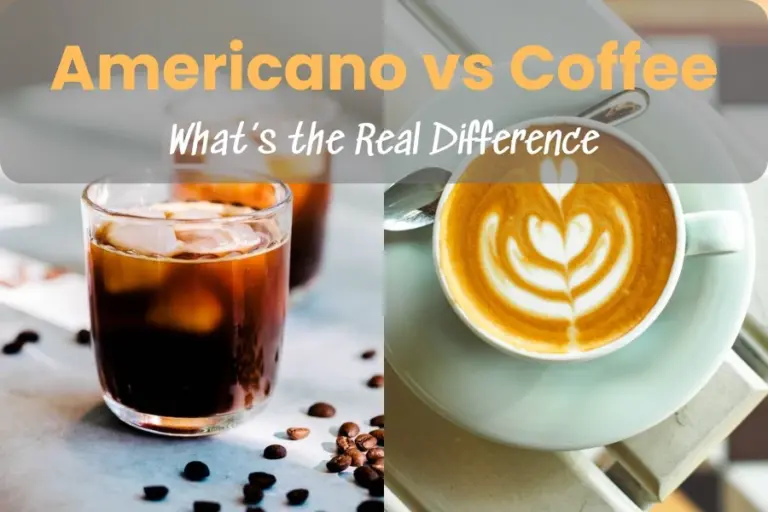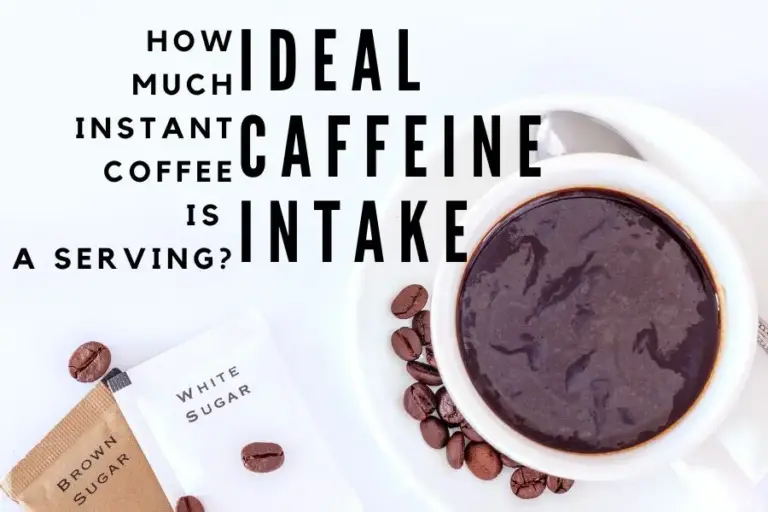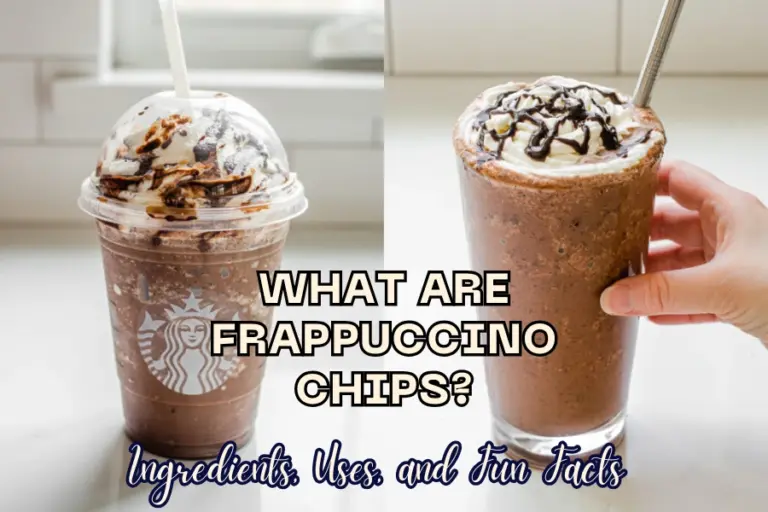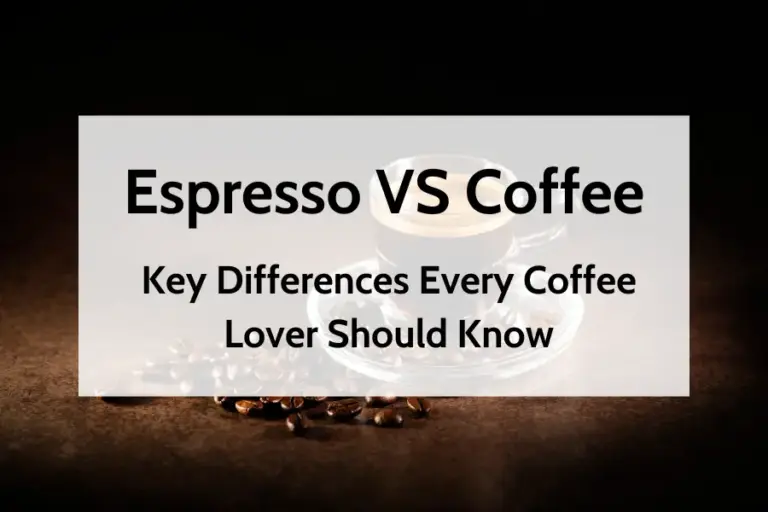Do Chocolate Covered Espresso Beans Have Caffeine?
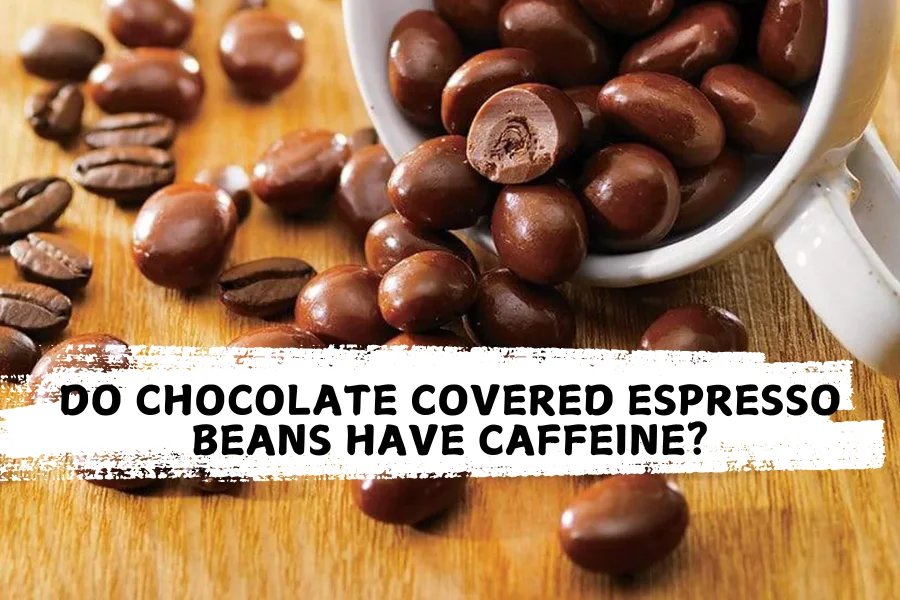
Do chocolate covered espresso beans have caffeine? Sure, there is a certain amount of caffeine in these yummy beans. Ones with a sweet tooth won’t refuse such yummy things for sure. These little chocolate-dipped desserts smell delicious from dark chocolate and espresso beans. But, are espresso beans good for everyone?
In this article, we will learn about caffeine amounts, health angles, potential risks, as well as who shouldn’t have chocolate espresso beans in their diet. Keep reading to see how you can healthily enjoy those appealing snacks! You also can try to make espresso beans right at home with just some simple steps and ingredients!
Find Out: Do Chocolate Covered Espresso Beans Have Caffeine?
Yes, chocolate-dipped espresso beans do contain caffeine. A single espresso bean or coffee bean wrapped in chocolate has roughly 12 mg of caffeine. Each bean has a different quantity of caffeine depending on its type and size. Sugar and caffeine will definitely increase your alertness and keep you on your toes. Thus, you should best have this snack in moderation. Otherwise, you may get insomnia, increased nervous system activity, and increased heart rate. These are some common side effects of taking excessive caffeine amount.
Besides, there are some interesting things about caffeine when it comes to chocolate-dipped espresso beans. Knowing this will allow you to adjust the level of caffeine as required:
Type of Bean
Caffeine content is higher in light-roasted beans than in dark-roasted beans. In fact, a serving will deliver about 10-12 milligrams of caffeine on average.
Chocolate Type
Dark chocolate is proven to contain larger amounts of caffeine than white and milk chocolate. 1 ounce of dark, milk and white chocolate has 12 mg, 9 mg, and no mg of caffeine respectively.
Method of Consumption
The oral mucosa may absorb caffeine more effectively if entire coffee beans are consumed. As a result, it will provide a dose more quickly and fresher than brewed coffee.
Benefits of Eating Chocolate-Dipped Espresso Beans
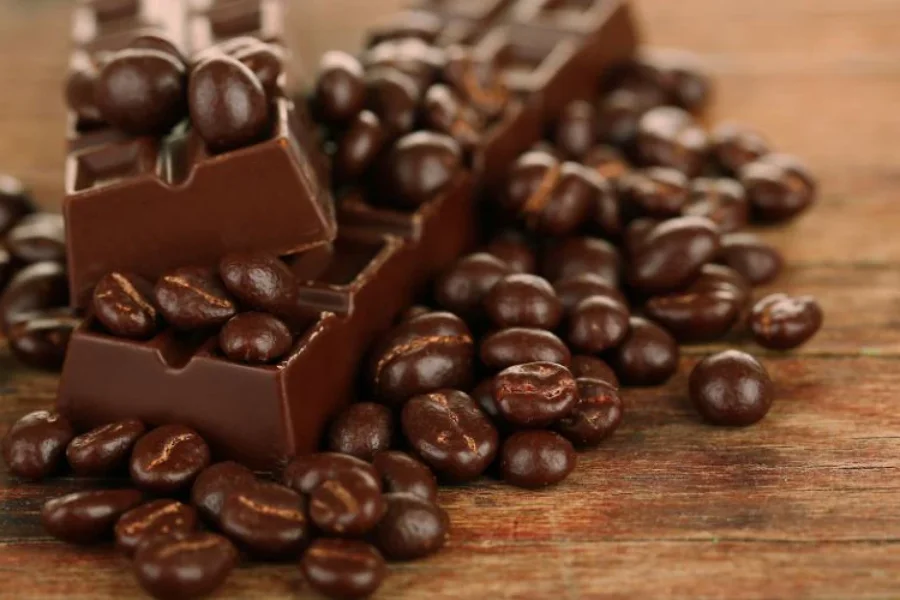
Not only do chocolatey espresso beans indulge your taste, but experts say they also provide many benefits to the body. These are delicious snacks consisting of roasted espresso beans, covered with white, dark, or milk chocolate. Espresso beans contain caffeine for energy and brain clarity and dark chocolate is loaded with antioxidants. Both of these together will aid in fighting oxidative stress and work for heart health. Additionally, dark chocolate has fiber content which makes you feel fuller and then can help you to lose weight.
Potential Risks Of Delicious Coffee Beans Covered In Chocolate
Despite the delights of chocolate-covered coffee beans, including dark roast and moderate roast, taking too much caffeine can pose risks. Excessive coffee beans may cause heartburn, bloating, and nausea (one thing that occurs extra in case you have a delicate abdomen). Caffeine, which is widely consumed in our society, is a natural stimulant that is known to cause sleep disturbances. In case you are among those who are sensitive to the stimulation, make sure you do not take too much of it.
Studies indicate that high caffeine consumption may worsen anxiety symptoms and withdrawal syndrome after low caffeine intake. Such risks should also apply to pregnant women since taking too much caffeine may cause complications in pregnancy. Thus, you should consider limiting the consumption to avoid the negative effects of caffeine.
How to Enjoy Chocolate-Covered Espresso Beans?
A good way to taste chocolate espresso beans is to know what a coffee bean is. The coffee fruit when being dried and roasted will become the brown coffee bean. You can eat whole rather than brewing or grinding coffee beans. Chocolate-coated espresso is also an enjoyable way of using roasted nutritious beans. The bittersweet flavor of dark chocolate evens out the acidic milestones and muffles chewiness.
The recommended amount to eat is around 5–10 cocoa-covered coffee beans at a time, as ingesting too much caffeine will make you jittery. You should eat these beans in the morning or early afternoon. Consuming too much caffeine in the evening would disturb your sleep pattern. If you usually drink coffee or tea, don’t forget to note down your daily consumption of caffeine.
Related: What Are Frappuccino Chips? Ingredients, Uses, and Fun Facts
Make Your Own Chocolate Covered Espresso Beans At Home
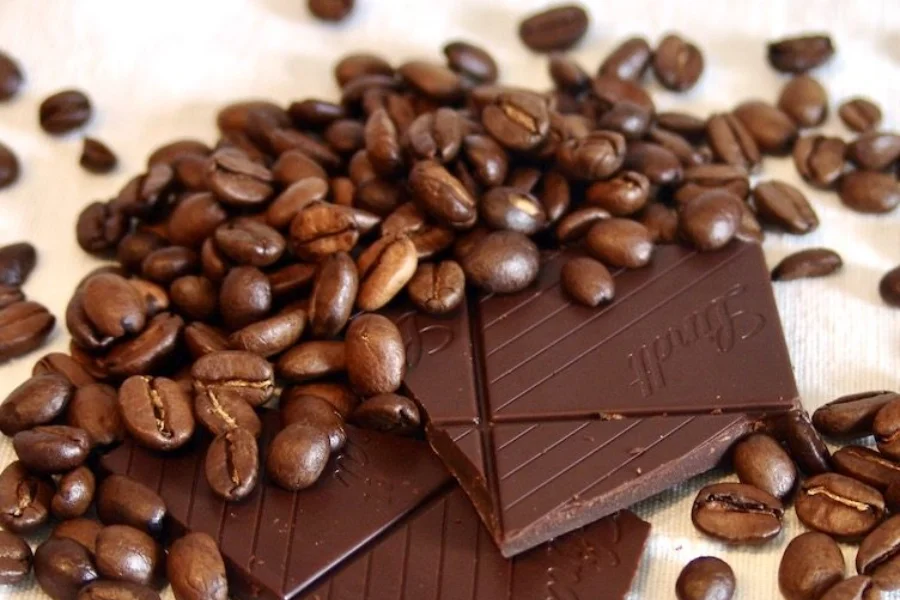
Making chocolate shell espresso beans at home is such a fun and rewarding experience. You can make these treats to your liking with just a few simple ingredients and steps.
Melt a good chocolate bar in a saucepan over very low heat. Again, dark chocolate is an ideal choice because it brings many health benefits. When melted, pull the chocolate from the heat and delicately stir in the espresso beans until they are well coated. Drop onto a baking sheet and let the product cool in the refrigerator. For freshness, store them in an airtight container after they have cooled. You will have more control over the ingredients when you make your own chocolate-dipped espresso beans. This will allow you to experiment with different kinds of chocolate and espresso beans to create unique flavors.
Last Words
Do chocolate covered espresso beans have caffeine? Yes, they do contain caffeine! These indulgent treats offer a unique taste combination and may ignite an energy boost. However, everyone must enjoy them in moderation because too much caffeine intake does have a string of adverse side effects associated with its consumption. When you are fully equipped with how much caffeine comes in one serving as well as the benefits and drawbacks, you can feel free to enjoy snacks without scaring anything.
FAQs
Yes, coffee beans in a chocolate layer can be consumed by diabetic individuals. However, this should fall under moderation, considering the total carbohydrate intake. Sugars used in coating the espresso bean might influence blood sugar levels. It will be advisable to seek the actual nutritional content provided by the manufacturer and then refer for advice from a healthcare professional.
Yes, but just with a small amount. Excessive coffee consumption will also raise blood pressure levels. However, it appears that the antioxidants in dark chocolate are what contribute to better cardiovascular health. Talking to your doctor is always the best course of action.
The answer is “No” because caffeine-containing foods are generally discouraged during pregnancy. Intake coffee has been known to be risky particularly during pregnancy as it leads to miscarriages plus low birth weight.
No, children should avoid or reduce their intake of chocolate espresso beans as much as possible. High amounts of caffeine can seriously adversely affect the sleeping, behavior, and overall health of a child. In particular, for all those with wisdom teeth removal, caffeine intake is absolutely prohibited. Healthier snacks should be considered for the children.
You should keep these yummy beans in an airtight container in the kitchen, preferably not in the glaring sun or any heat sources. Heat especially combined with humidity causes the chocolate to melt, hence causing the taste to be too soft.
Chocolate-dipped espresso beans contain less caffeine than a typical cup of coffee. Although they may help you to get a caffeine boost, they can hardly become coffee, properly. One serving of this dessert contains a far lower concentration of caffeine than a cup of coffee.

